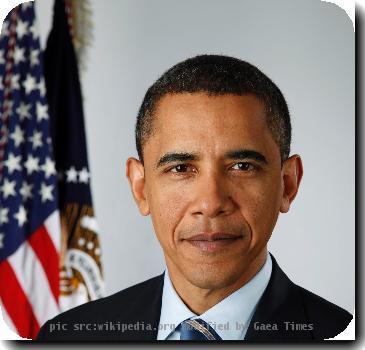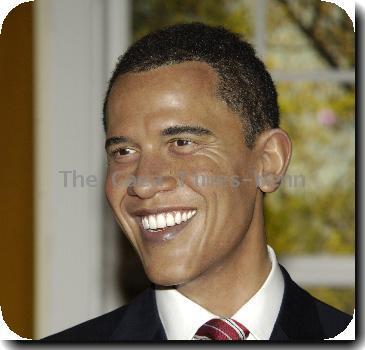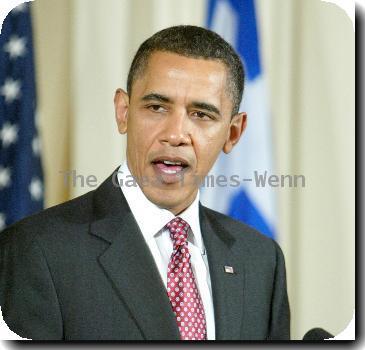Iran’s nuclear envoy calls for negotiations, says sanctions would be ‘ineffective’
By Anita Chang, APFriday, April 2, 2010
Iran nuclear envoy says dialogue, not sanctions
BEIJING — Tehran’s top nuclear envoy called for negotiations without threat of sanctions on Friday, following meetings in Beijing in the wake of U.S. reports saying China had dropped its opposition to possible new U.N. measures against Iran.
Saeed Jalili sidestepped questions on whether China had confirmed to him that it had changed its position on a fourth round of U.N. sanctions against Tehran for its nuclear program. He maintained that both Iran and China sought a return to the negotiating table.
“(Our) Chinese friends all say this problem can only be solved through negotiations and peaceful means. And some big countries should give up their incorrect actions. Pressuring through sanctions will be ineffective,” Jalili said.
China has veto power in the U.N. Security Council, and its support would be key to passing a resolution against Iran, which is suspected of developing nuclear weapons. Tehran says its nuclear program is for peaceful power generation.
“Negotiations should be conducted with logic, not with pressure. If negotiations and pressure occur at the same time, there’s no way these negotiations can go forward,” Jalili said in comments that were translated from Farsi to Chinese.
During his visit to China, Jalili met with Foreign Minister Yang Jiechi and Wang Jiarui, who heads the Communist Party’s international affairs office.
China has refused to say publicly whether it is willing to consider new sanctions. On Thursday, Foreign Ministry spokesman Qin Gang repeated the country’s longtime stance of wanting the dispute settled through negotiations.
Jalili hinted that Iran was looking to China to prevent another round of penalties, which U.N. diplomats have said would target Iran’s powerful Revolutionary Guard and toughen existing measures against shipping, banking and insurance sectors.
“China is a big country and can play a very important role in preventing their incorrect policy,” which he described as wanting dialogue while also pursuing plans to punish Iran.
President Barack Obama said in an interview broadcast Friday on CBS’s “The Early Show,” that Washington would continue to “ratchet up the pressure” on Iran to reveal its nuclear intentions.
“All the evidence” indicates Tehran is trying to get nuclear weapons and such a capability could destabilize the Mideast and trigger a regional arms race, he said.
Obama also raised the issue of Iran’s nuclear program when he spoke on the phone Friday with his Chinese counterpart Hu Jintao, welcoming his decision to attend a nuclear security summit in Washington in less than two weeks.
“Obama underscored the importance of working together to ensure that Iran lives up to its international obligations,” a White House statement said.
China depends on oil- and gas-rich Iran for 11 percent of its energy needs and last year became Tehran’s biggest trading partner, according to Iranian figures.
Although China went along with three earlier U.N. sanctions resolutions against Iran, Beijing has been a vocal opponent of a fourth round.
But U.S. officials say a Chinese representative made a commitment in a phone call Wednesday with officials of the U.S., Russia, China, Britain, France and Germany to discuss the specifics of a potential Security Council resolution, and that on that basis the U.S. would press ahead with an effort to pass such a measure.
The officials cautioned that this does not mean there is a full consensus yet on U.N. sanctions. The officials spoke on condition of anonymity because the diplomatic talks were ongoing.
The Obama administration is hoping to get a U.N. resolution on Iran passed by the end of April.
Associated Press writer Julie Pace at Andrews Air Force Base, Md., contributed to this report.
Tags: Asia, Barack Obama, Beijing, China, East Asia, Energy, Foreign Policy, Greater China, Hu Jintao, Iran, Middle East, North America, Nuclear Weapons, Tehran, United States, Utilities, Weapons Of Mass Destruction




